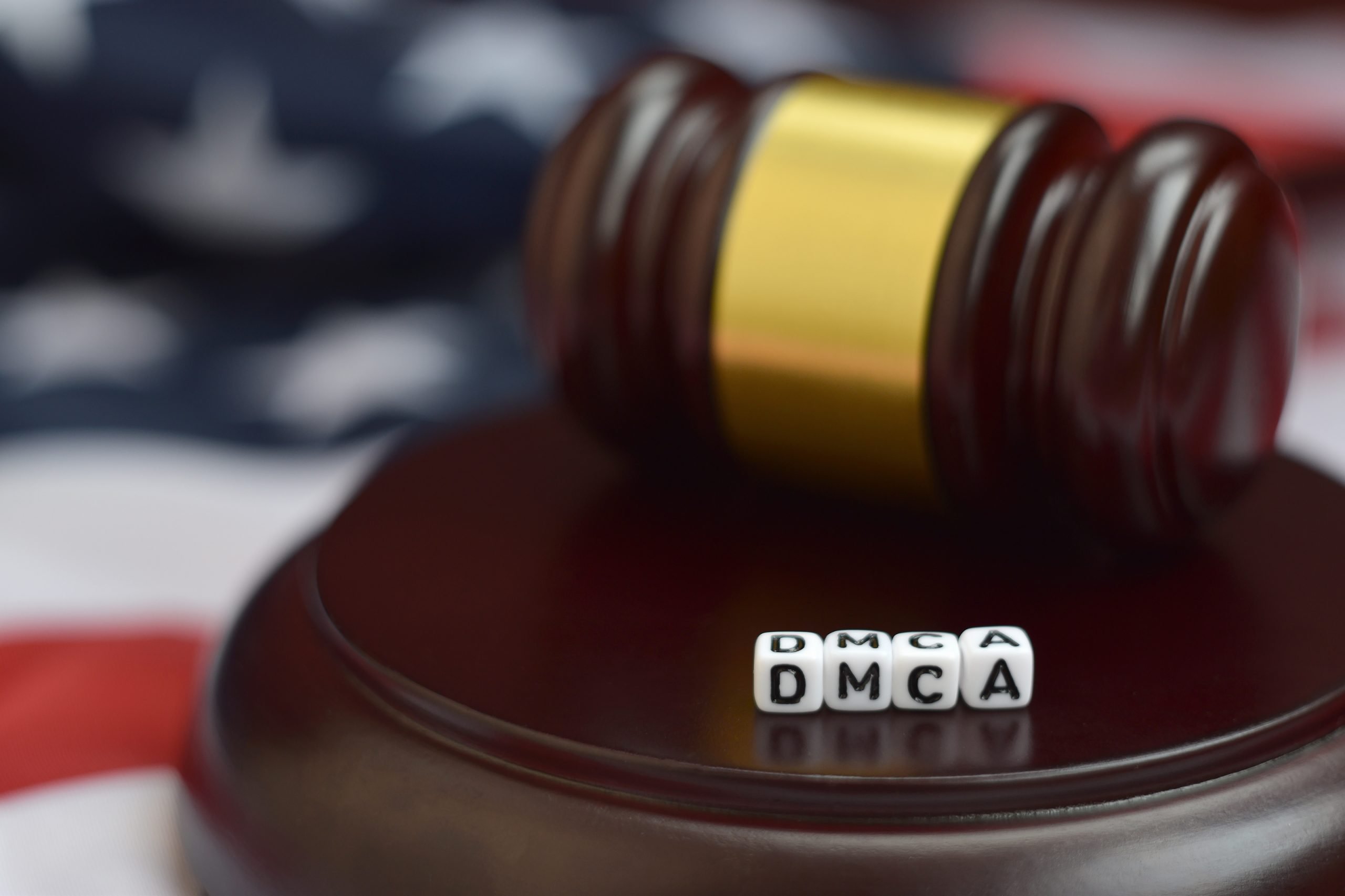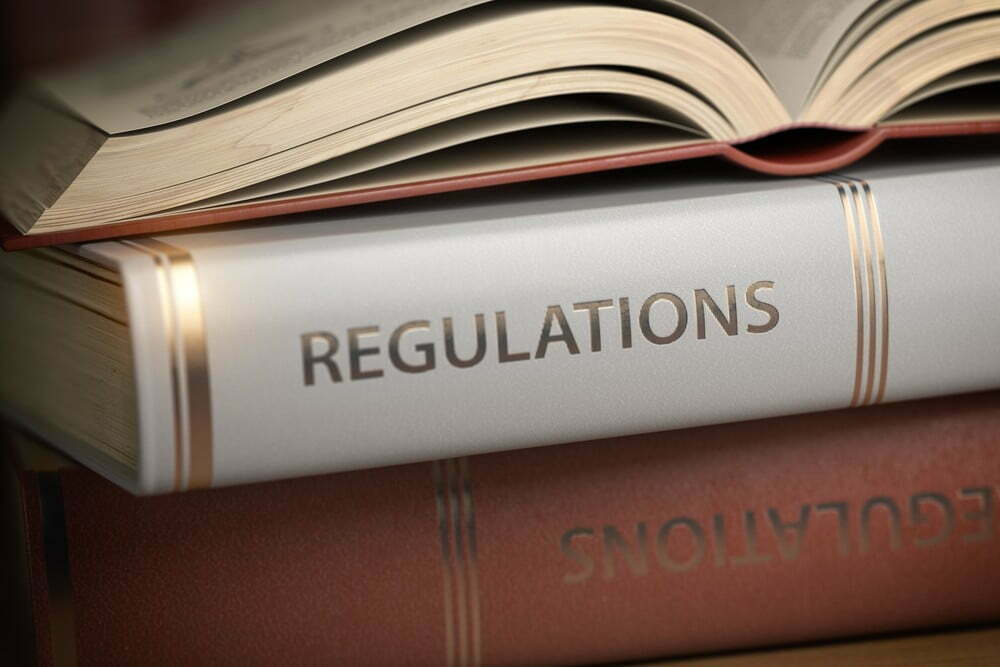What is Lobbying? It is an attempt by an individual or a group of people to influence government action through oral or written communication. However, each state has its unique elements in lobbying, with exceptions to the definitions and exceptions to the mentioned exceptions.
KEY TAKEAWAYS:
- Lobbying is an objective activity that influences the creation or implementation of a policy.
- Professional public affairs practitioners are known as lobbyists.
- The 1st Amendment of the U.S protects lobbying.
If an activity is titled “lobbying” or a person qualifies to be a “lobbyist” based on the term’s definitions, another bag of laws will come to play. Some of the elements like registration, prohibitions, disclosures, and gift restrictions depend on the definitions of lobbying and lobbyists.
Below, we will discuss lobbying, lobbyists, and other terms from different statutes of other states.
Definition of Lobbying Across Different States
Alabama
Lobbying is the practice of opposing, promoting or influencing the introduction, enactment, or defeat of legislation before a legislative body. It is also influencing the executive approval, Amendment, or veto of the bill. It is the practice of opposing, promoting, or influencing the promulgation, enactment, or deletion of regulations before a committee. The term does not describe offering public testimony before a committee or a regulatory body.
Insider Tip
Lobbying is the practice of opposing, promoting or influencing the introduction, enactment, or defeat of legislation before a legislative body.
District of Columbia
Lobbying is the direct communication to any official executive branch to influence the administration decision or legislative action. That is how the DMCA legislation was lobbied and finally put into law.
Florida
Lobbying means attempting or directly influencing legislative nonaction or action through written or oral communication. Alternatively, it means obtaining the goodwill of an employee or a member of the Legislature.
Guam
A lobbyist is an individual whose mandate is to influence the defeat, passage, or content of any legislation. On the other hand, lobbying is an activity that influences the passing, defeat, or contention of legislation.
Insider Tip
Lobbying is the direct communication to any official executive branch to influence the administration decision or legislative action.
Massachusetts
Lobbying is an act to promote, influence, oppose or influence the governor’s approval on legislation or veto. In addition, it can include influencing the sponsorship, introduction, action, consideration, or nonaction about legislation.
Nebraska
Lobbying means promoting or going against a bill on behalf of another person. It can also mean the introduction to legislation before the Legislature. Lobbying also includes promoting executive approval of legislation.
New Jersey
A lobbyist is an organization or an individual that uses the governmental affairs agent services to influence regulation, legislation, or governmental processes. A governmental affairs agent agrees or receives anything of value, including the reimbursement of his/her expenses which may be higher than $100 in three months.
F.A.Q.S
How is lobbying related to ethics?
The number of scandals that pop up now and then makes Americans skeptical about the purpose of lobbying in a democracy. But influencing legislation is protected under the U.S Constitution’s First Amendment. This protection assumes that people need to participate in the decisions that affect them. In addition, being democratic means that there should be advocacy for various causes in good decision-making.
Who can lobby Congress?
The First Amendment states that all Americans can petition the government to listen to an issue. However, most associations and corporations hire professional lobbyists to lobby in Congress for them. These professionals are paid a lot of money for this kind of work, and they are what people think of when you mention the term lobbyists. And if we’re talking about dirty money, you may want to read about this business strategy called planned obsolescence.
Who made lobbying legal?
The Lobbying Disclosure Act of 1995,3 and the 1st Amendment protect the right to lobby in the U.S. In addition, it is what makes it possible for citizens to participate in a democracy.
STAT: According to the 2009 study, lobbying reaps back an ROI of 22,000% in certain situations. (source)
REFERENCES:
- https://en.wikipedia.org/wiki/Lobbying
- https://ssir.org/articles/entry/learn_to_love_lobbying
- https://www.cmi.no/publications/file/6269-lobbying-the-preconditions-of-an-anti-corruption.pdfr
- https://www.oecd-ilibrary.org/sites/877b1403-en/index.html?itemId=/content/component/877b1403-en
- https://www.aaacn.org/volunteer/teams/legislative/abcs-lobbying





























![Best Renters Insurances in [year] 22 Best Renters Insurances in 2026](https://www.gadgetreview.dev/wp-content/uploads/best-renters-insurance-image.jpg)
![Best Computer Repair Kits in [year] 23 Best Computer Repair Kits in 2026](https://www.gadgetreview.dev/wp-content/uploads/best-computer-repair-kit-image.jpg)
![Best Smartphone Repair Kits in [year] 24 Best Smartphone Repair Kits in 2026](https://www.gadgetreview.dev/wp-content/uploads/best-smartphone-repair-kit-image.jpg)
![Best iPhone Repair Kits in [year] 25 Best iPhone Repair Kits in 2026](https://www.gadgetreview.dev/wp-content/uploads/best-iphone-repair-kit-image.jpg)
![Best Windshield Repair Kits in [year] 26 Best Windshield Repair Kits in 2026](https://www.gadgetreview.dev/wp-content/uploads/best-windshield-repair-kit-image.jpg)
![Best Dent Repair Kits in [year] 27 Best Dent Repair Kits in 2026](https://www.gadgetreview.dev/wp-content/uploads/best-dent-repair-kit.jpg)